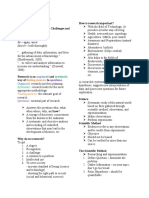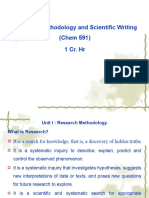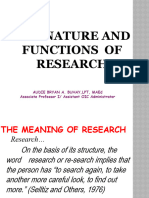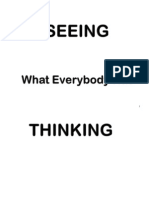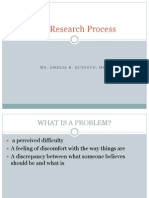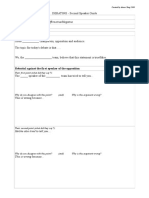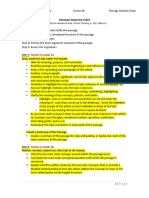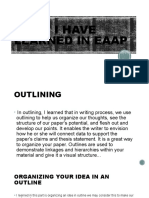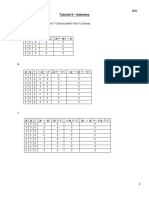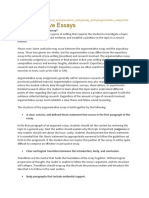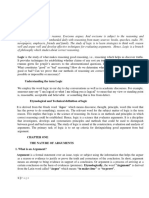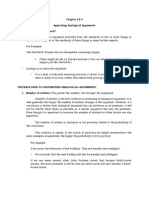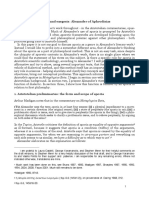0% found this document useful (0 votes)
19 views41 pagesLecture 1 - Introduction To HSR
The document is an introduction to research methodology, specifically tailored for the School of Medicine at the University of Juba. It covers definitions, categories of research, scientific foundations, characteristics of good researchers, and the formulation of research objectives and questions. The content aims to guide students in understanding the principles of conducting effective research in health and community medicine.
Uploaded by
violanj2023Copyright
© © All Rights Reserved
We take content rights seriously. If you suspect this is your content, claim it here.
Available Formats
Download as PPT, PDF, TXT or read online on Scribd
0% found this document useful (0 votes)
19 views41 pagesLecture 1 - Introduction To HSR
The document is an introduction to research methodology, specifically tailored for the School of Medicine at the University of Juba. It covers definitions, categories of research, scientific foundations, characteristics of good researchers, and the formulation of research objectives and questions. The content aims to guide students in understanding the principles of conducting effective research in health and community medicine.
Uploaded by
violanj2023Copyright
© © All Rights Reserved
We take content rights seriously. If you suspect this is your content, claim it here.
Available Formats
Download as PPT, PDF, TXT or read online on Scribd
/ 41
